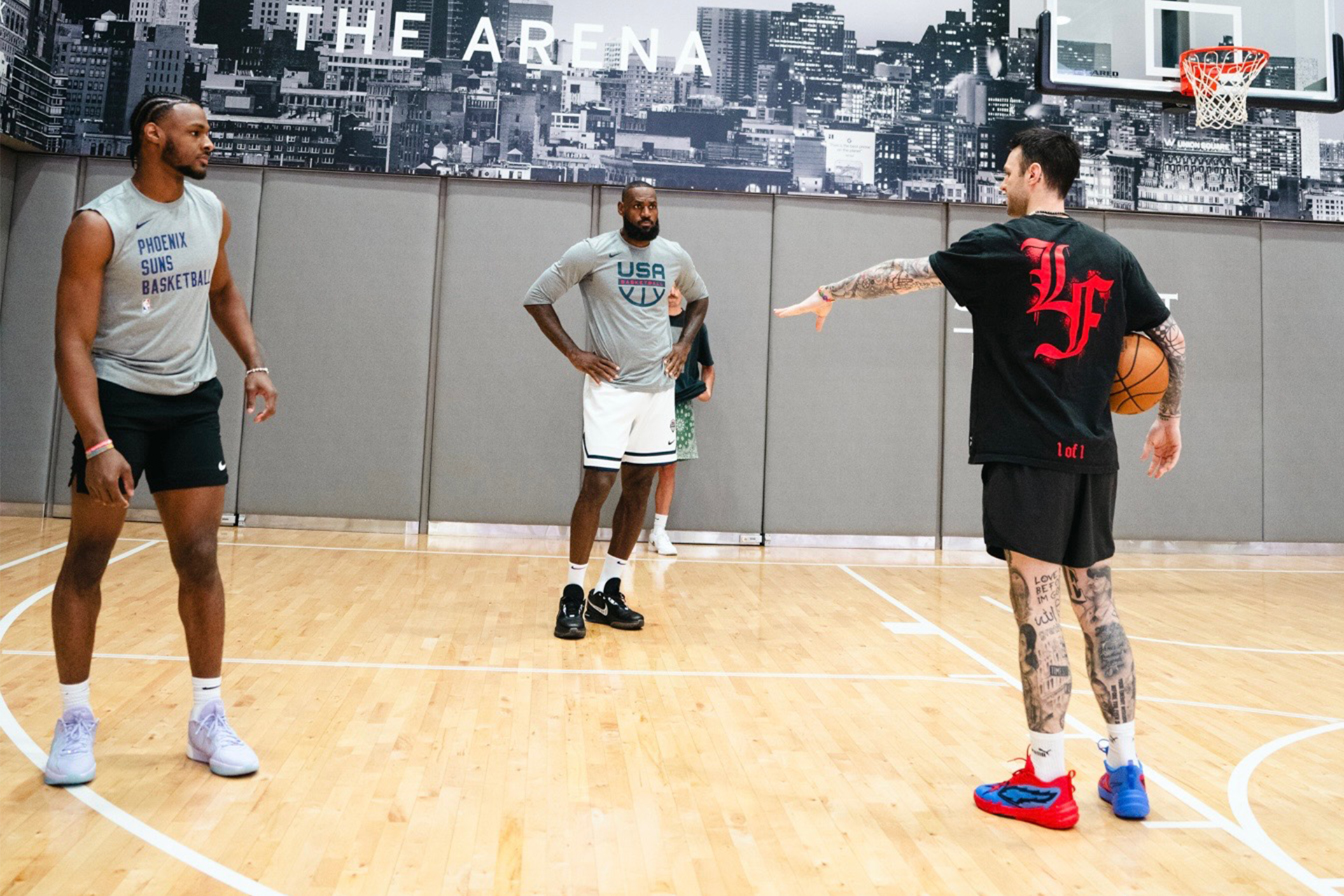Don’t feel sorry for Guardians, other small-market MLB teams

Cleveland isn’t the underdog you think it is. The Guardians are gaming the system — and it’s time we stop cheering them for it.
In Game 1 of the Guardians-Yankees American League Championship Series on Monday night, much of the conversation will focus on payrolls. The New York Mets, Yankees and Los Angeles Dodgers sit comfortably among MLB’s top-five spenders this season, while the Cleveland Guardians rank 23rd, according to Spotrac. The Dodgers and Mets are also in the league-championship round of the playoffs.
The prevailing narrative for years is that Cleveland and other small-market teams succeed by doing more with less, but it’s time we rethink that storyline.
In the early 2000s, the Oakland A’s — and, more recently, the Tampa Bay Rays — were celebrated for building contenders on relatively meager budgets. But neither of these teams has won a championship, and the lack of roster depth always caught up with them when it mattered most.
Cleveland’s front office has mastered the art of building a competitive team within a tight budget, but it’s not a success story worth celebrating anymore. Third baseman Jose Ramirez is the Guardians’ highest-paid player this season, earning $17M — a figure that would tie for just the seventh-highest salary on the Yankees.
This isn’t new.
Former Yankees pitcher CC Sabathia — who was traded by Cleveland in 2008 to Milwaukee before hitting free agency after that season — mentioned on “The 6-1-1 Podcast” during the summer that he knew 2007 was his best shot at a title in Cleveland because the team wasn’t going to pay to keep its core intact. Along with Sabathia, Cleveland dealt catcher Victor Martinez and pitcher Cliff Lee before their contracts expired.
What’s worse, Cleveland is operating within a system that allows small-market teams to spend minimally while still profiting.
MLB’s Competitive Balance Tax (CBT) is intended to punish large-market teams, such as the Dodgers or Yankees, for overspending, with that tax money trickling down to smaller-market clubs such as Cleveland.
But here’s the problem: It’s not leading to more spending by those smaller teams. Instead, many of them — including Cleveland — choose to stay “small,” pocket the cash and let big-market teams pay for their lack of investment.
The Pittsburgh Pirates may be the most egregious abuser of the system. In 2010, the Associated Press reported the Pirates made nearly $29.4M in 2007 and 2008 despite enduring their 17th and 18th consecutive losing seasons.
“The numbers indicate why people are suspecting they’re taking money from baseball and keeping it — they don’t spend it on the players,” David Berri, president of the North American Association of Sports Economists, said then.
By then, the Pirates had baseball’s lowest opening-day payroll at $34.9M — just $2M more than in 1992, their last winning season at the time.
Fourteen years later, little has changed. Since that report, Pittsburgh has endured 11 losing seasons and ranked 29th in payroll among MLB’s 30 teams in 2024. Ownership isn’t being penalized for not winning, and as long as profits continue, there’s no incentive to change.
This system isn’t working, and it’s time for MLB to step up. More aggressive luxury tax penalties won’t fix the problem. Instead, small-market teams need a salary floor.
MLB should require teams, such as the Guardians, to spend within 10% of the luxury tax ($213.3M for 2024) threshold to force them into being truly competitive. A salary floor would hold owners accountable for investing in the on-field product. It would also force teams to make strategic decisions about whether to go all-in for a trade deadline acquisition, knowing it might mean crossing the threshold and paying a tax.
Cleveland’s current payroll is just above $106M, far below the $237M CBT threshold. Meanwhile, MLB revenue reached an all-time high in 2023, with an average of $378M per team.
There is no valid excuse for small-market teams to cry poverty while sitting on mountains of cash.
If baseball wants sustained growth and true competitive balance, it must hold small-market teams accountable for spending and building rosters that can compete beyond the regular season. Parity is only part of the equation — investment in talent and depth is the missing piece.
The Guardians aren’t the scrappy underdog they’re made out to be, and the baseball media must stop treating them as such. Instead, it’s time to shine a spotlight on the broader issue: MLB’s lack of accountability for small-market teams.
Until they’re required to invest in their players and stop profiting off the success of bigger markets, the competitive imbalance will persist.
Checkout latest world news below links :
World News || Latest News || U.S. News
Source link



